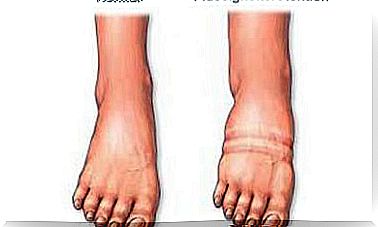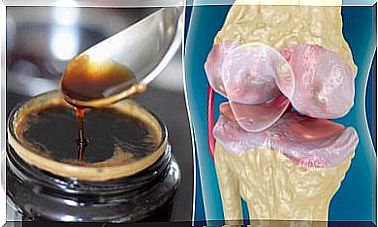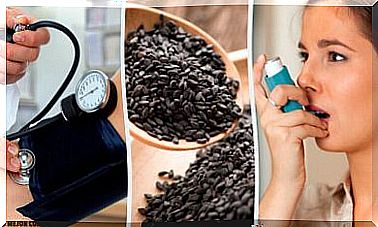Interesting Facts About Vitamins In Nutrition
We all know how important vitamins are in our daily diet. These are best taken in their natural form to promote health and wellbeing. Then learn more about this topic.
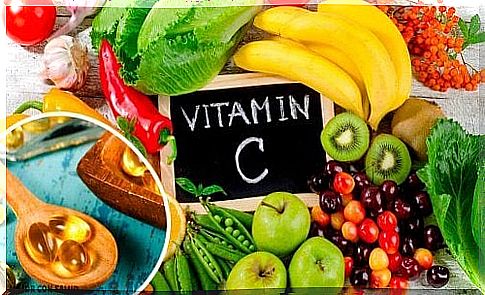
We all know how important vitamins are in our daily diet. These are best taken in their natural form to promote health and wellbeing. Then learn more about this topic.
Vitamins are vital organic molecules that are necessary for many body processes. Most of these vital substances, however, are not produced by the body itself and must therefore be taken in through diet. An exception is, for example, vitamin D, which is also produced through the skin through sunlight.
The vitamin requirement depends on age, gender and physical condition. If there is an imbalance, one speaks of avitaminosis, hypervitaminosis or hypovitaminosis.
Interesting facts about vitamins in nutrition
Vitamins are essential to our health, but they should be obtained in their natural form through our diet. Dietary supplements with vitamins should only be taken under medical supervision, as they could also have harmful consequences.
Vitamin A
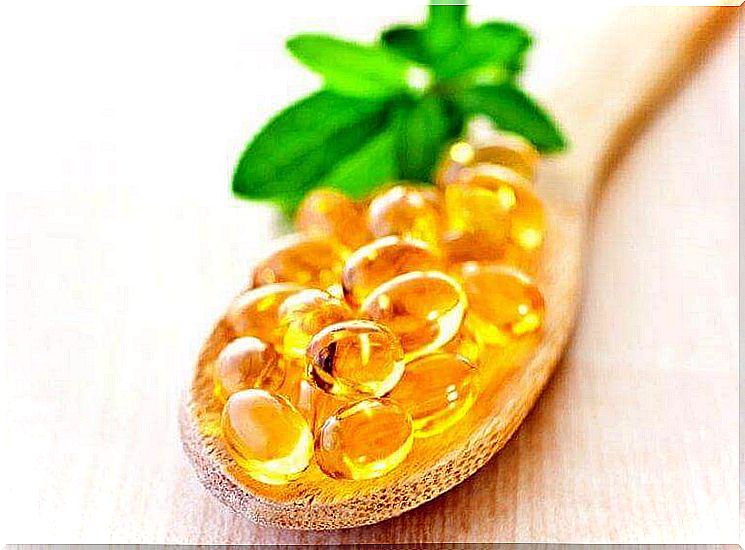
Even children know that carrots are good for the eyes. Because they provide a lot of vitamin A. You can also find this vitamin in many other nutrients:
- Liver, kale, carrots and parsley are particularly high in vitamin A.
- Apricots, spinach, egg yolks and peppers are also characterized by it.
B group vitamins
B vitamins support cell metabolism and convert carbohydrates into energy.
- All types of meat (including offal) and dairy products contain many B vitamins.
- In addition, B group vitamins can be found in legumes, grains, and dried fruits and nuts.
- Vegans should note that vegetables do not have vitamin B12 and must therefore supplement it, for example with wheat germ or brewer’s yeast.
vitamin C
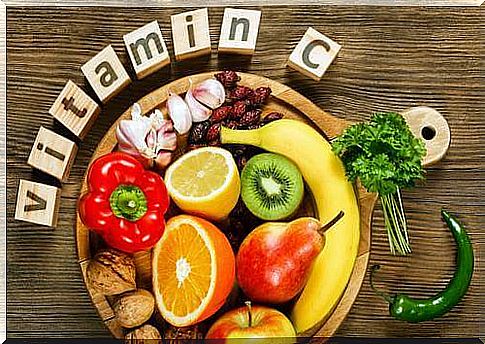
We all know how important vitamin C is for various body processes. It has a strong antioxidant effect, promotes collagen production and wound healing and also has a positive effect on the respiratory tract and the immune system.
- Fruits and vegetables have the most vitamin C, especially kiwi, red currants, and citrus fruits.
- Bell peppers, broccoli, cabbage, and spinach are also rich in vitamin C.
- However, this vitamin can also be found in animal products such as milk or liver.
Vitamin D
Vitamin D is also known as the sun vitamin. Because it is synthesized in the body when it is exposed to the sun. It keeps bones healthy as it is necessary for calcium absorption.
Vitamin D can also be found in some foods:
- Fish, especially fatty fish (salmon, sardines, tuna, etc.) and cod liver oil contain a particularly large amount of it.
- It is also added to some products, such as milk or cereals.
Vitamin E.
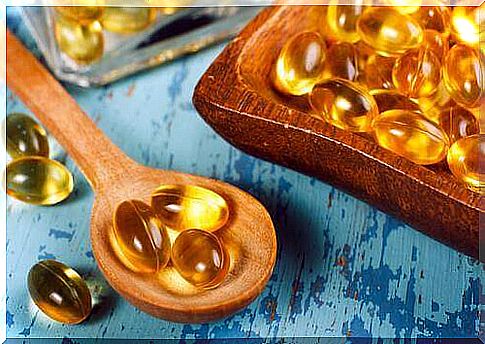
Vitamin E has a strong antioxidant effect and therefore protects against free radicals. It also strengthens the immune system and works against inflammation, as it inhibits prostaglandins (inflammatory messenger substances).
This vitamin can be found in:
- Oily fish, seafood, eggs and
- green leafy vegetables and vegetable oils (e.g. wheat germ oil) as well as in
- Almonds, hazelnuts, sunflower seeds and other types of nuts.
Vitamin K
This vitamin plays a key role in preventing blood clots. The body absorbs vitamin K in the internal organs. This vitamin is also involved in building bones and prevents heart problems.
- It’s found primarily in vegetables like kale, spinach, parsley, and Swiss chard.
- Liver, fish, beef, eggs and grains are also rich in vitamin K.
Make sure you have a healthy, balanced diet that should not lack the vitamins mentioned!



